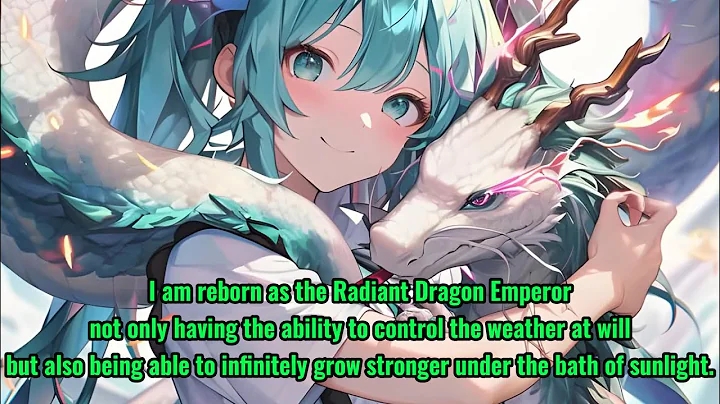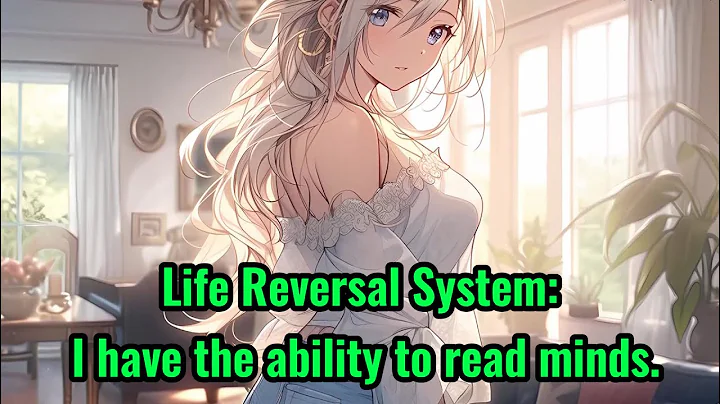Education requires only one thing: to achieve the purpose of self-learning through the child's inner strength. ——Montessori's famous sayings
After reading Montessori's works a long time ago, many people feel that Grandma Meng's writing is more theoretical and not very practical. They feel the same way when reading. But when I used Grandma Meng’s ideas to observe and interact with children, I found that what she said can be regarded as a parenting bible! So I want to share with you some of the content in Montessori’s works, combined with the situations encountered in practice, I believe it will help everyone understand!
Montessori said: In a person's life, 0-6 years old is the most important, laying the foundation for the formation of children's character. Many parents have this misunderstanding: What do children know when they are only five or six years old? On the contrary, the period from 0 to 6 years old can be said to be the most important period in a baby's life. Why? According to the content of Grandma Meng's works, Tongxintongyu Education believes that there are two main reasons:
First, because 0-6 years old is the period when our inner vitality is the strongest,
Second, our various growth sensitive periods are basically concentrated between 0- Occurs at age 6.

Picture source: Childlike Child Care Center
Let’s first talk about inner vitality, which seems to be very mysterious (in fact, it is indeed very magical!)
Absorbent Mind
The inner vitality mentioned by Montessori is very big Part of it refers to babies' absorptive minds—babies are like sponges, absorbing their environment, good and bad. The reason why babies learn a certain skill is not because of "teaching" by adults, but because of their own absorption.
Having said this, I have to remind parents: Please do not easily evaluate or talk about your children with others in front of your children. Babies seem to be playing on their own, but in fact their powerful absorptive mind is enough to allow them to "listen to all directions", and they are particularly sensitive to adults' evaluations of themselves - my mother said that I am very afraid of strangers, but it turns out that I am Afraid of strange children. As a result, the child may become less and less willing to contact unfamiliar people or things because of the mother's comments.
Just now we said that the absorptive mind of babies is to absorb everything, no matter good or bad. Then a huge topic has emerged: How can we create a good environment and help them absorb good nutrition?
The traditional parenting method is usually like this: the baby wants to touch the items he is interested in, but the parents don't let him: this is not for you to play with! In order to exercise their balance ability, the baby tries to do some actions, such as walking in the flower bed or running downhill, but the parents do not allow it: it is too dangerous! The baby is driven by curiosity and keeps asking why, why does it thunder? Why does water have no color? ——Parents are impatient: This is how it is, there are so many reasons why. This kind of parenting style will make children feel like they are incompetent, I can't do this or that, and the questions I ask make others feel stupid.
Montessori believes that people’s most basic right is the right to “self-cultivation”. This kind of parenting style just kills the child's right to self-cultivation. An example in the
book impressed me deeply. Let us imagine that we have arrived in a country of giants. Everything in the country of giants makes us feel so uncomfortable: tables and chairs are higher than our heads, we can only see other people's legs when walking, and all items are too big for us. We are big, and we must be careful. If we encounter anything, a giant may appear to stop us. —— This is how children feel living in the adult world. If you look at it from the perspective of a child, you will find that the powerful absorptive mind has little use because they can't do anything.

Picture source: Tongxin Tongyu Nursery Center
Therefore, the first thing we have to do is -
Prepare a suitable growth environment for the child
1. The area of the baby's activity room should not be too small, it should be spacious, and the light should be sufficient; the walls should be the smallest It is washable and can also be installed with a blackboard for easy painting. In short, this activity environment seems to be very free.
2. All items belong to children: has its own storage space such as drawers, cabinets, bookshelves, etc., with moderate height, so that you can take and place teaching aids by yourself.
Such an arrangement can not only cultivate children's sense of responsibility and order, protect children's awareness of property rights, but also facilitate parent discipline. Tell your child that all these things belong to him. Even his parents cannot touch them at will, but they must be responsible for keeping and organizing their own things. With your own "private property", you don't have to worry about your baby constantly looking through your drawers.

Picture source: Tongxintongyu Nursery Center
3. Prepare glass supplies or porcelain.
Yes, children's homes founded by Montessori would allow children to boldly use glasses, and surprisingly, glasses rarely get broken. Children learn by constantly trying. When you tell him/her: Be careful, this glass will break if you drop it! He doesn't know what you mean by "broken". When one day he accidentally breaks a glass and witnesses the glass shattering into pieces, then he will use all glass products very carefully.
There are dazzling toys on the market today, but in fact, things that can effectively help children grow up do not need to be so fancy or expensive. "The important thing is not what items are provided, but the material properties of the items - different sizes, shapes, colors, textures, weights, tastes, sounds, uses." Let the children receive as much multi-sensory stimulation as possible.
Montessori summarized children's favorite things and spontaneous expressions like this: Free choice, repeated practice, various sports, control of errors, good social behavior norms, personal neatness, sensory training, and observance of discipline in free activities. . Indeed, children are more focused and engaged in the activities they choose, and will repeat them more times to achieve their own development goals.
4. Encourage participation in various family affairs within your ability.
Babies really like to participate in household chores. Whenever the children helped Serena organize the picture books or arrange the tables and chairs, and received "Thank you!", they felt a real sense of value.
The opposite phenomenon is that when many children around 4 or 5 years old are thirsty, they will ask the teacher to give them water from a cup. When parents see their children drinking water from a cup under the guidance of the teacher, they will be extremely surprised: My baby can drink water by himself! ——In fact, babies can grasp food and eat by themselves from the age of 1. It is not difficult for a 1 and a half year old baby to hold a cup and drink water. So it’s not that babies can’t drink water by themselves, but that parents don’t give their children the opportunity to drink water by themselves.
is actually an environment suitable for babies to grow up, which is to allow babies to satisfy their inner needs as much as possible by themselves, and to participate in activities in the adult world as much as possible to realize their own value.
In addition, childlike innocence reminds parents to avoid using material rewards or punishments. Because too many material rewards or punishments will cause babies to become dependent on external objects, thereby losing connection with their own inner life and only craving help from external objects. By developing yourself by following your inner needs, you can truly grow.

Picture source: Tongxin Tongyu Child Care Center
About Tongxin Tongyu
Tongxin Tongyu, a practitioner of high-quality childcare services, a cultivator of professional international teachers, and an advocate of scientific family parenting!
Tong Xin Tong Yu is a child care center built by many domestic and foreign infant and child educators. It is committed to creating a professional environment suitable for the development of infants and young children and supporting the healthy physical and mental growth of children. Provide regular lectures to parents to disseminate scientific parenting concepts and methods. At the same time, it is also a teaching demonstration and teacher internship base. Its purpose is to provide more community day care with high-quality education and teaching demonstration and teacher training. We have devoted ourselves to creating a multi-level and mature teacher training system, with special emphasis on teachers’ practical work ability. Since its establishment in September 2016, Tong Xin Tong Yu has 4 physical kindergartens in Beijing, covering community day care, corporate day care, commercial sports day care, kindergarten and child care integrated models.

Childlike Heart and Childlike Language Demonstration Day Care is a Montessori model day care built by infant and toddler teachers. It is a model day care of the AMS American Montessori Association Teacher Certification Training Center and an AMS member school. Childlike Heart and Childlike Demonstration Day Care adopts Montessori teaching, is child-centered, respects children's nature and primitive power, and has a clean, safe, friendly and inclusive environment. No matter which class type it is, it has a sense of beauty, design and order. In an environment prepared by teachers, children can choose their own work, explore freely, and learn spontaneously and actively.

The goal of childlike innocence and children's language in cultivating children is to cultivate their inner self and expand their outer self. Cultivate children to become the best version of themselves. They not only have a good cognitive level, but also have optimism, independence, self-confidence, studiousness, tenacity and problem-solving abilities. and other valuable non-intellectual qualities; outreach: Cultivate children to become useful members of society, acquire courtesy, empathy, cooperation and behavioral norms, so that children can happily integrate into society and become a positive social person.





















